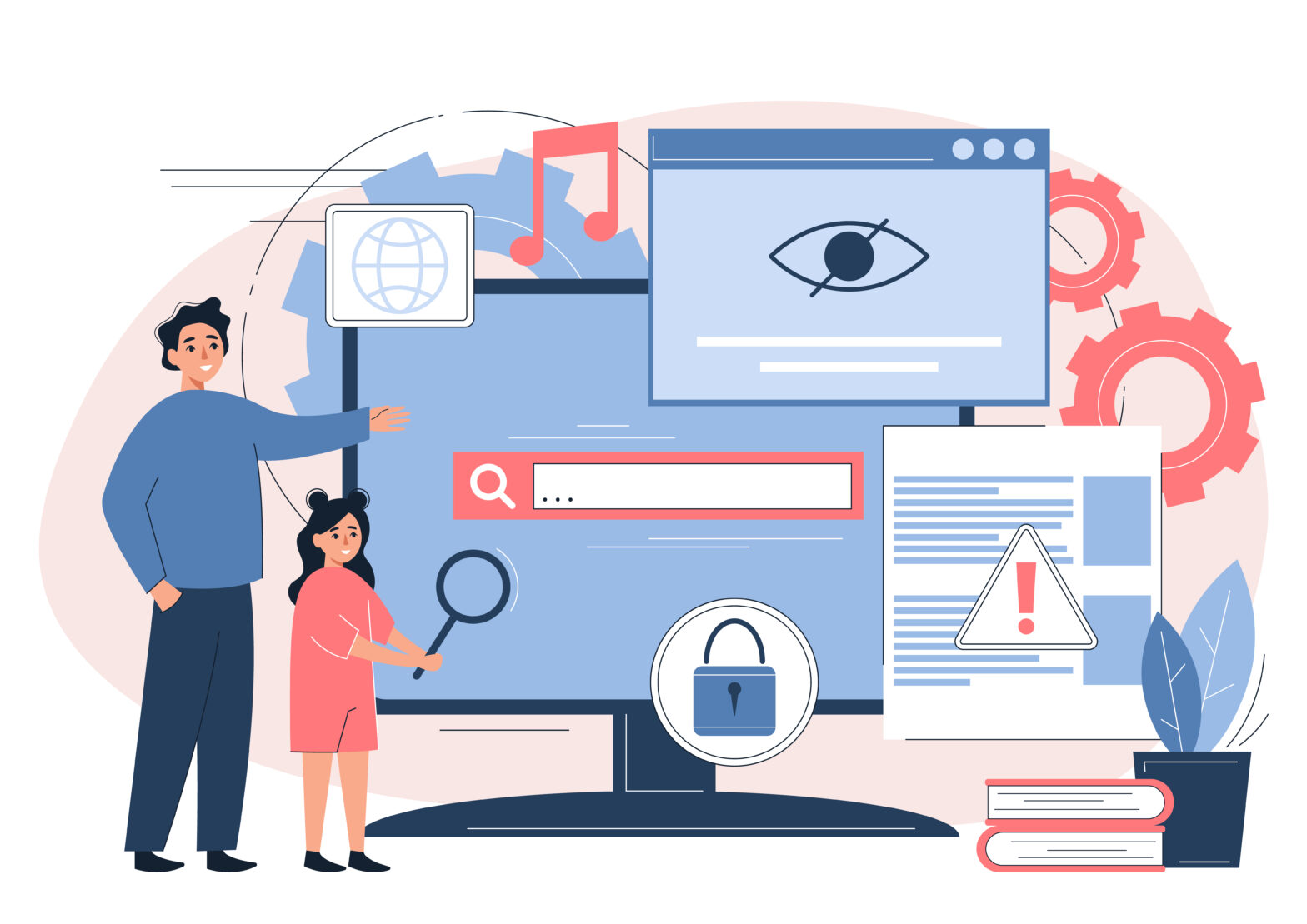Learn Digital Forensics and Cybersecurity Skills That Shape Real Experts
Nov 06, 2025

If you have ever been curious about how cyber experts trace digital footprints or recover hidden data,
digital forensics training is your gateway to that world. It’s where investigation meets technology, and every byte of data has a story to tell. At
Hacker School, we focus on teaching you the skills that matter in real investigations, from finding digital evidence to handling it effectively.
What Digital Forensics Training Really Teaches You
Digital forensics is more than just computer work—it’s detective work done through a screen. When you enroll in a
digital forensics course, you learn how to identify, collect, and analyze digital evidence from computers, phones, and networks. This training prepares you to:
- Understand how cybercrimes happen and how to trace their source
- Recover deleted or hidden files that may hold vital clues
- Use professional computer forensics tools to gather data safely
- Present your findings clearly for legal or corporate cases
By learning these techniques, you don’t just gain technical knowledge—you also develop the precision and patience needed in investigations.
The Value of Computer Forensics Certification
A
computer forensics certification proves that you have the technical and practical skills employers look for. It adds credibility to your resume and gives you the confidence to handle real-world cybersecurity challenges.
Through certification courses, you’ll learn about:
- Data recovery and incident response methods
- Cyber laws and digital evidence handling
- Security breaches and how to analyze them
- Safe and ethical investigation practices
Certification also opens doors to roles such as forensic analyst, cybersecurity consultant, and data recovery expert.
Using Computer Forensics Tools the Right Way
Every investigator relies on the correct set of tools. In our training, you’ll practice with trusted computer forensics tools used by industry professionals. These tools help you capture data, trace online activity, and identify malicious actions without damaging the evidence.
Commonly used tools include:
- File and disk imaging software
- Data recovery utilities
- Network monitoring systems
- Malware analysis platforms
Learning how to handle these tools responsibly makes a big difference in your success as a digital investigator.
Why Add a Penetration Testing Course
Along with forensics, a
penetration testing course can sharpen your understanding of how hackers think and act. By learning ethical hacking techniques, you’ll be able to identify weaknesses before attackers exploit them. When combined with forensics, this skill set gives you a complete view of cybersecurity—from prevention to investigation.
Why Choose Hacker School
our focus is on practical learning. We combine technical training with real lab exercises so you can apply what you learn right away. Our programs are designed for students, professionals, and anyone passionate about cybersecurity. Here’s what makes us stand out:
- Expert mentors with real investigation experience
- Hands-on labs that simulate real incidents
- Globally recognized certifications
- Flexible learning options to suit your schedule
Final Thoughts
Digital forensics is an occupation with inquisitiveness and accuracy. It has to do with digitally finding answers to mysteries that are capable of altering the course of an investigation or safeguarding a company. You can also make your passion for cybersecurity a valuable profession with the appropriate digital forensics course and certification in computer forensics. And, having the education of
Hacker School, you will be prepared to deal with the obstacles that must accompany it, one byte at a time.


